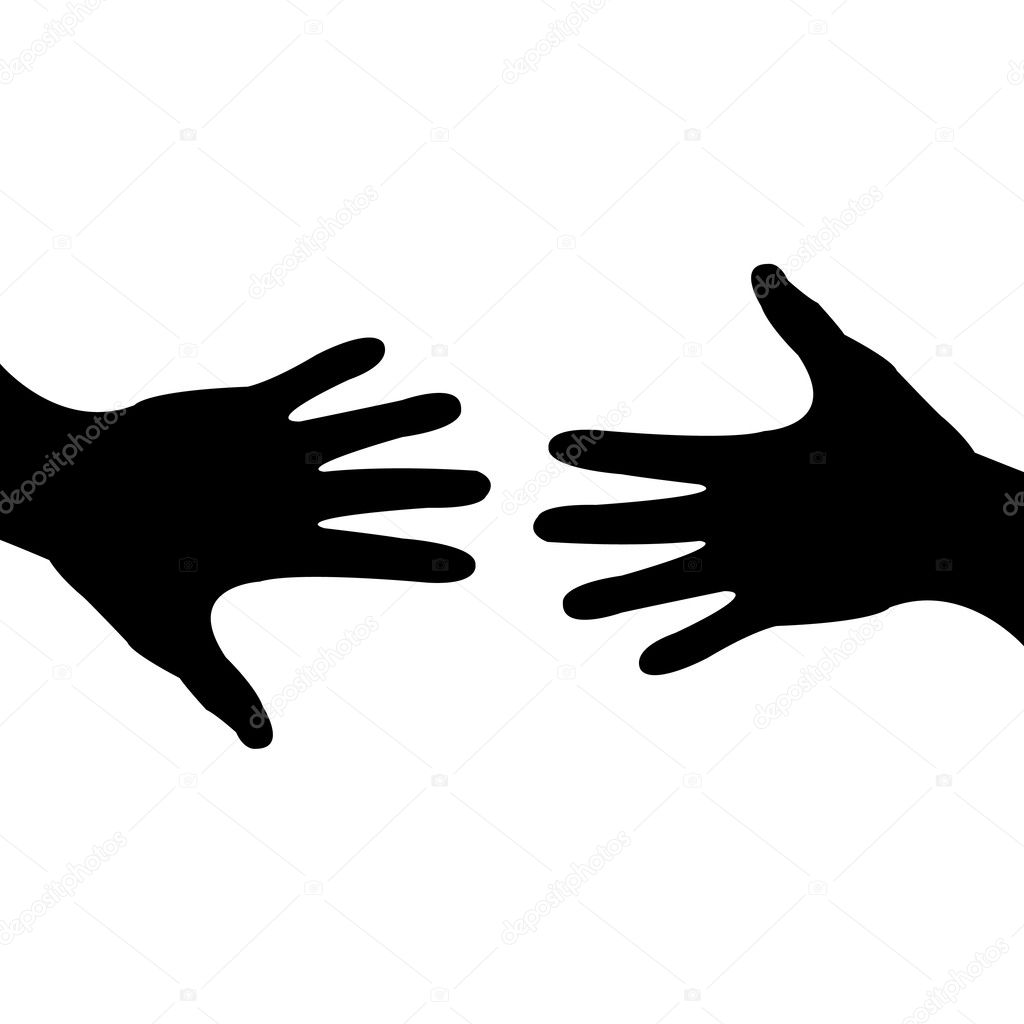
There is a shift afoot.
The election of Donald Trump means a change is coming in economic
thinking at the policy level. Globalization has defined the trading order for
the last 25 years or so, but like a rusty freighter it is starting to show its
age. Assembly line workers who saw their jobs outsourced have always felt
cheated. Replacement jobs and training haven’t been there for laid
off men and women hoping to replace big incomes. It isn’t just Donald Trump who
is pulling back from economic entanglements; the Europeans are seeing a rising
tide of nationalism. This is bound to change the international thinking on
economics and determine trade policy for the next 20 years.
Economics is theory, the big picture stuff. It won’t explain
why cotton prices suddenly jumped up in June or why steel prices dropped in
December, that’s business. It can give you scenarios where prices might swing,
or historic trends where political and social pressures existed on the market.
Economics is a snapshot of the existing trading system and a historic record of
how it got that way.
It isn’t a surprise that it’s changing; the dismal science
is due a makeover. Economic Nationalism is on the rise in America and across
Europe. Economic Nationalism is a phrase used by Steve Bannon (one time Trump advisor) to explain his
view that the U.S. government should support American companies through
tariffs, subsidies, tax breaks and quotas at the expense of other countries. So
basically everything once thought of as anti-competitive Steve is for. Did you
hear the president’s inaugural speech in January? That was Bannon. He wrote it.
It pitted ‘elites’ against regular folks, politicians against citizens and nations
against nations. It wasn’t exactly nasty but it laid out a case (in some minds)
for a government that hasn’t valued its citizens. It has chased
after foreign investment and low wage workers.
Like multiple
theories of economics though, there is some good and some bad.
Why do protectionist policies lead to sluggish growth? because
any business or industry that isn’t pushed to keep prices low gets lazy.
Companies that rely on regular installments of federal money tend to relax their
research and development side and pay higher wages. The downside is Uncle Sam
just took away the small firm’s ability to compete.
The wild tiger is more likely to hunt than one in the zoo.
I always go half-way with Bannon. Foreign countries like China
play a different version of trade than we do. The economic models we learned in
school that show how trade benefits everyone are seriously lacking. You
remember the Ricardo ones don’t you? Country A has sheep and makes wool
clothing, country B grows gapes and bottles wine. Instead of country A growing
grapes and bottling their own wine and country B doing the same with sheep and
wool, they trade. This trade creates an advantage for both nations since they
specialize and gain the comparative lower costs.
The model works well on a mathematical level but there are
too many missing pieces that throw off the balance. The missing pieces get chalked up to ‘elites’ benefiting themselves at the expense of hard working
Americans. But it's really tough to draw a straight line between
jobs going to China and long term unemployment in the US. The gains are spread out, more
diffuse. They mean lower prices at Target and Kohls but lower wages for
workers. Gains for some, losses for others.
It’s a tough sell for
politicians: “Vote for me and you’ll probably lose your job but don’t worry,
the gains will be marginal and spread out.”
Trade is anything but fair. Modern economies have all sorts
of clever ways around straightforward competition. Tariffs aren’t used a lot
anymore since a lot of work has been done to eliminate them. Countries still
use subsidies to prop up their industry. Agriculture in the US couldn’t survive
without them, neither could Chinese steel manufacturers or Japanese car makers.
So the Economic Nationalists are right about foreign cheaters either helping
their companies or propping up the currency.
“Why bother playing by an old trade model where we get
screwed every time? How about instead we help our own companies first and trade
later”? He figures.
Mainly because in order to grow big companies need overseas
markets and blocking tires from Mexico means they’ll refuse to buy machinery
from us. Also, I don’t think Steve realizes that certain manufacturing jobs
don’t pay what they used to. Everyday market forces make it impossible. Foreign
car companies like Honda, Nissan and Volkswagen started getting better and cheaper,
right around the early nineties. Americans began buying them and putting a
squeeze on Detroit. Putting up tariffs on Japanese and Korean car makers would
have held off the onslaught for a while, but GM and Ford couldn’t compete
overseas forever. Legacy costs also hampered the American companies; paying
ruinous fees to retired workers would have undercut their ability to be
competitive anyway.
Banon and Trump are right to be skeptical about Chinese
business and current iterations of ‘free trade’. For both Republican and
Democrat lawmakers any international trade deal was considered good, because
‘free market’ equals good—or something like that.
The Trump version of economics, which is really Bannon’s,
insists companies look first ‘in country’ for tax deals and breaks before
leaving for a low wage environment. As to how the policy toward economics will
be affected it remains to be seen. Most supporters of globalization (free
trade) sound a little humbler these days as populist politicians get elected
all over the Western world. They admit that the benefits of trade have been
gradual and slow while the downsides have been immediate and ugly—losing a job
always is. Globalists aren’t ready to change their belief in the free market
(neither am I) but admitting to missteps is a start. Agreeing to reconsider,
and walk away from, large scale trade bills is a good move.
